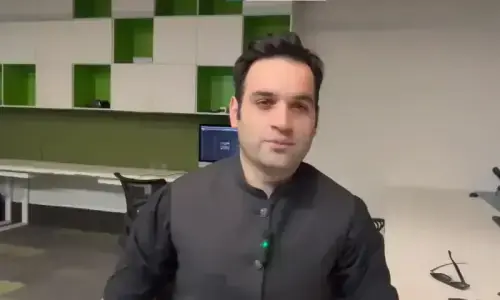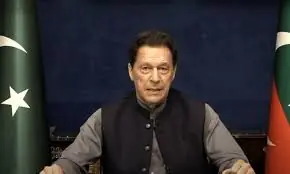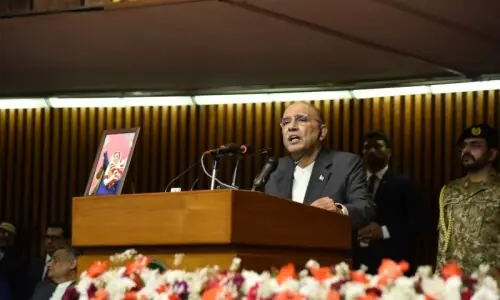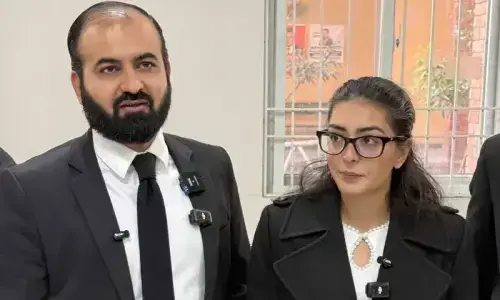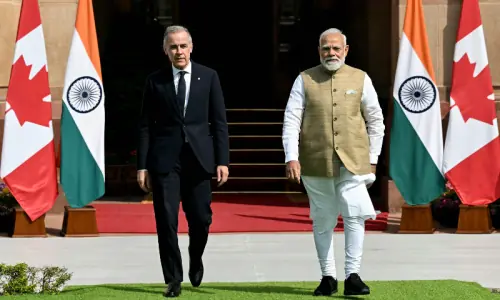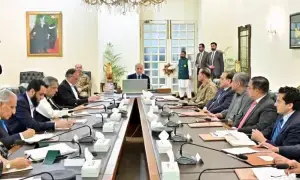THE Jamaat-i-Islami is Pakistan’s only mainstream political party which practises internal democracy. Sirajul Haq’s election as emir on Sunday after a trilateral contest reaffirms this point in a country where most parties are controlled by political dynasties. This is true of South Asia at large. In India, the Nehru family monopolises the leadership of one of the biggest parties, the Indian National Congress — Rahul is the fifth generation Nehru. In Sri Lanka, the Bandaranaike family has phased out, but in Bangladesh Khaleda Zia and Sheikh Hasina Wajed have for decades headed the parties representing their husband and father respectively. One reason for the JI’s democratic structure is the fact that it is an ideological party. Ghaffar Khan’s party, too, was ideological in Pakistan’s early decades. But barring the election of Ajmal Khattak as its chief, Bacha Khan’s party — its name changing many times — went back to the family fold. As inevitably happens, such parties split not on principles but because of family quarrels. Today Begum Nasim Wali Khan heads her own party but with the same nomenclature.
The PPP is in a class by itself. Bilawal Bhutto Zardari is the fourth generation of the Bhuttos to be in politics, and he is now the populist party’s fourth Bhutto to head it after founder-grandfather, grandmother and mother. The split within the party was again not on principles, for it is Murtaza Bhutto’s widow, Ghinwa, who calls her party PPP, with ‘shaheed’ added to differentiate it from the family rivals’ enterprise. Surprisingly, even though feudals do not head the PML-N, its ownership pattern is hardly different from parties in feudal control. It too has become the Sharifs’ monopoly, with scions Maryam and Hamza being groomed for tasks ahead. In Balochistan, with a small middle class, no one should be surprised if the Balochistan National Party-M and Pakhtunkhwa Milli Awami Party have become family enterprises, with sons succeeding fathers. With this perpetuation of family control, and lack of elected hierarchies, most politicians’ commitment to democracy appears hollow.










